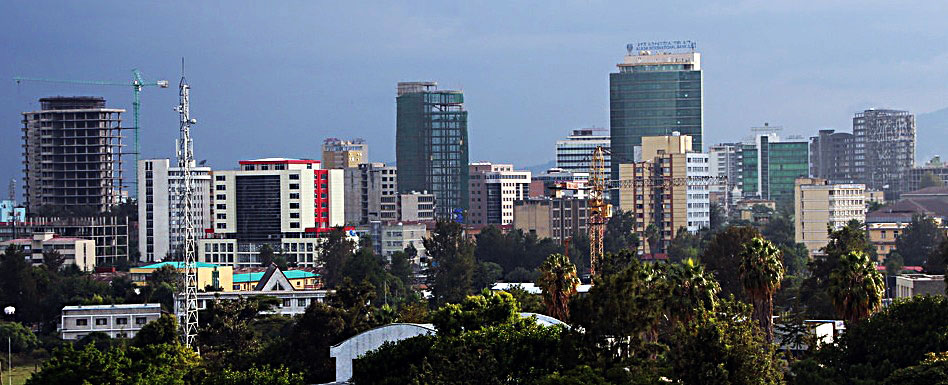

Sources:
The World Economic Forum - www.weforum.org
International Monetary Fund. African Dept. - https://www.imf.org/en/Countries/ETH
World Bank - Ethiopia Economic Update https://www.worldbank.org/en/country/ethiopia
According to major economic sources, Ethiopia will be Africa’s star performer, with its industry continuing to improve in line with the country’s economic expansion. With a population of over 107 million, it is definitely a market to target.Ethiopia’s economy is projected to grow by at-least 7-9% in 2020. Ethiopia is Africa's oldest independent country and its fastest growing economy today. With a large population and an average annual economic growth rate of 10% over the past 15 years, it presents a unique opportunity. Ethiopia’s location gives it strategic dominance as a jumping off point in the Horn of Africa, close to the Middle East and Europe markets. As one of the fastest growing economies in the world, Ethiopia’s economy has achieved robust, broad-based growth averaging 10.3% a year since 2006/07, compared to a regional average of 5.4%. The fast economic growth, a conducive investment climate, large market size and high-level government commitment towards FDI attraction have contributed to the growth of FDI inflow into Ethiopia-making the country the second largest recipient of FDI in Africa. East Africa, the fastest-growing region in Africa, received $7.6 billion in FDI, of which Ethiopia absorbed nearly half and is now the second largest recipient of FDI in Africa after Egypt.
For full article please visit https://www.weforum.org/agenda/2019/09/5-reasons-why-ethiopia-could-be-the-next-global-economy-to-watch
Expogroup is a full service exhibition organiser with over eighteen years experience in International.Trade Exhibitions and Events. Our current portfolio includes 20 annual exhibitions from a diverse range of industries being held across the Middle East & Africa.
EXPOGROUP © 1996 - 2026 | Privacy PolicyJoin our mailing list and receive latest news and advice from us in our monthly Newsletter
Yes, I would like to receive Expogroup E-newsletters
